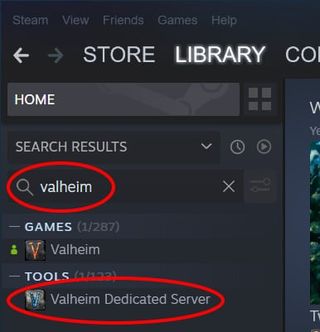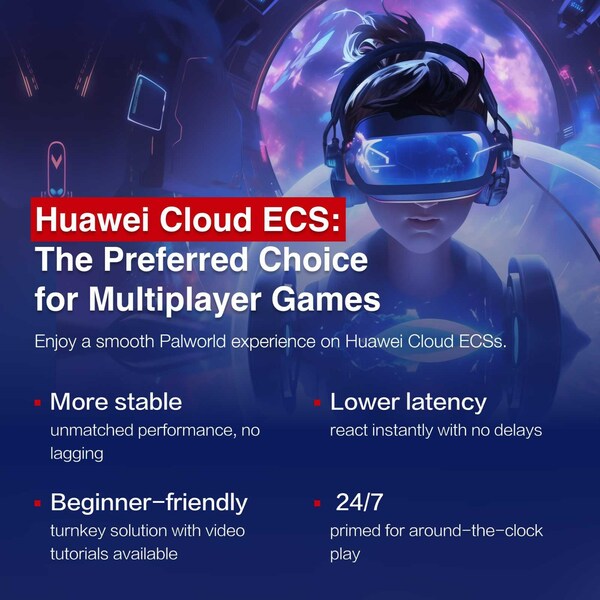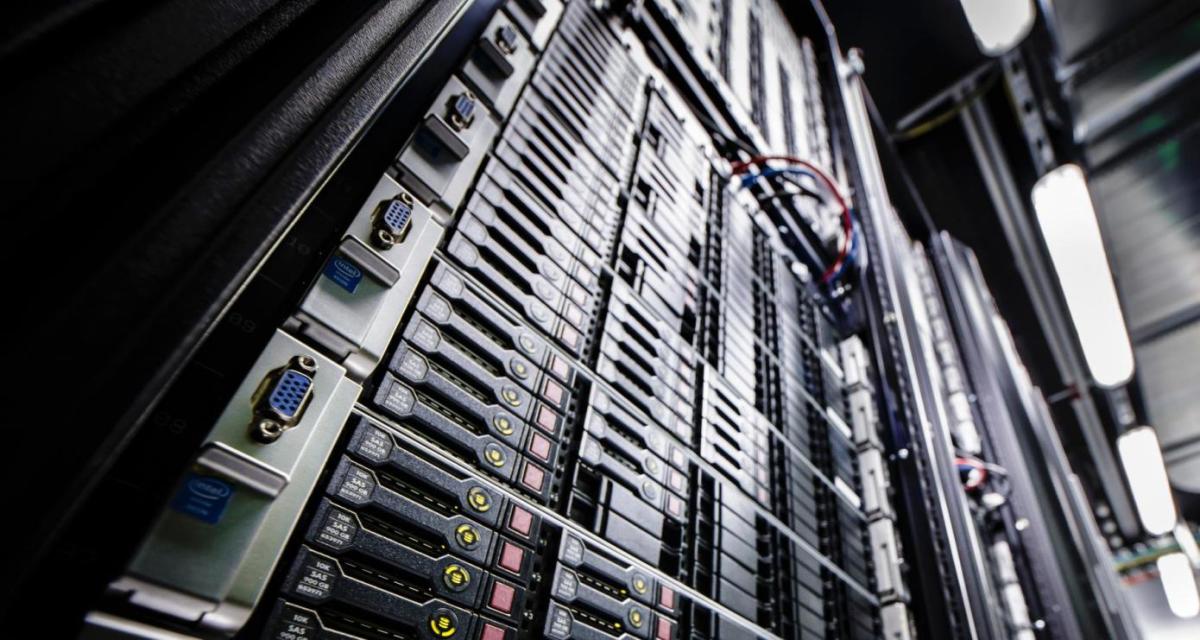When it comes to selecting the right dedicated server specs for your needs, it’s important to consider all the factors that go into making the right choice.
Whether you’re running an online business, hosting a website, or running a gaming server, selecting the best dedicated server specs can make a massive difference in the performance and reliability of your server. Here is a step-by-step guide to help you pick the right dedicated server specs for your needs.
What is a Dedicated Server?
A dedicated server is a physical server or computer that is exclusively leased or rented by a single customer or organization. It is not shared with other customers or organizations, and it is typically located in a data center.
Dedicated servers are often used to host websites, applications, databases, and other services that require more robust hardware and networking than a shared server. Dedicated servers offer greater flexibility, control, and reliability than shared hosting as they are not shared with other customers.
What Are the Most Important Dedicated Server Specs?
Dedicated servers are an important component of any business’s IT infrastructure, offering superior performance and scalability compared to a shared hosting environment.
When choosing a dedicated server, there are several important specs to consider, including processor, RAM, storage, network connectivity, and software.
Processor: The processor is one of the most important specs to consider when choosing a dedicated server. The processor speed and a number of cores should be tailored to the specific needs of the business, whether it’s running a database, hosting a website, or performing intensive calculations.
RAM: Random Access Memory (RAM) is another important factor to consider when selecting a server. The amount of RAM will determine the number of applications and services that can be run simultaneously on the server.
Storage: Storage is another essential spec when selecting a dedicated server. The type of storage (HDD, SSD, NVMe) and the amount of space required should be tailored to the needs of the business, whether it’s hosting large files or providing an extensive database.
Network Connectivity: Network connectivity is important when choosing a dedicated server. The type of connection and bandwidth should be tailored to the specific needs of the business, such as transferring large files or streaming video.
Core Count & Clock Speed Of CPU: The core count and clock speed of a CPU in a dedicated server are two of the most important factors in determining the server’s performance. The core count is the number of cores that the CPU has available to it, which is an indication of its level of parallelism and multi-tasking capabilities. The clock speed is the speed at which the CPU can process instructions, and is measured in GHz (gigahertz).
A higher core count and higher clock speed indicate that the CPU is more powerful and capable of handling more demanding tasks. Higher core count CPUs are recommended for servers that need to run multiple applications at the same time, while higher clock speeds are beneficial for servers that are running more complex tasks, such as 3D rendering or video editing.
Software: The software used on the server should also be considered when choosing a dedicated server. The software should be tailored to the specific needs of the business, whether it’s running a database, hosting a website, or providing an online service.
What other Factors Should You Consider in a dedicated server?
Operating System: When selecting a dedicated server, it is important to consider the type of operating system to use. Depending on the needs of your business, you may require a certain type of operating systems such as Windows, Linux, or Unix. Each type of OS has its own advantages and disadvantages and can provide different levels of performance and security.
Security: Security is an important factor when selecting a dedicated server. It is important to consider the type of security measures available and ensure it is appropriate for your business needs. Additionally, it is important to select a server that provides secure backups and data recovery options.
Support: When selecting a dedicated server, it is also important to consider the level of support provided by the hosting provider. It is important to select a provider that offers 24/7 customer service and technical support. Additionally, it is important to select a provider who is knowledgeable in the type of server you are utilizing and can offer assistance in the event of any issues.
Conclusion
After acquiring a deep understanding of CPU, RAM, storage, and bandwidth, the information in this article can assist you in selecting the perfect specifications for your dedicated server. There are two paramount factors to consider when concluding which choice is best for you: cost and your personal requirements. Remember that investing in a dedicated server is a long-term commitment and you must make sure you are making the correct selection in terms of server resources and your hosting partner.
https://www.linkedin.com/pulse/what-essential-specs-look-dedicated-server-lovepreet-dhawan






